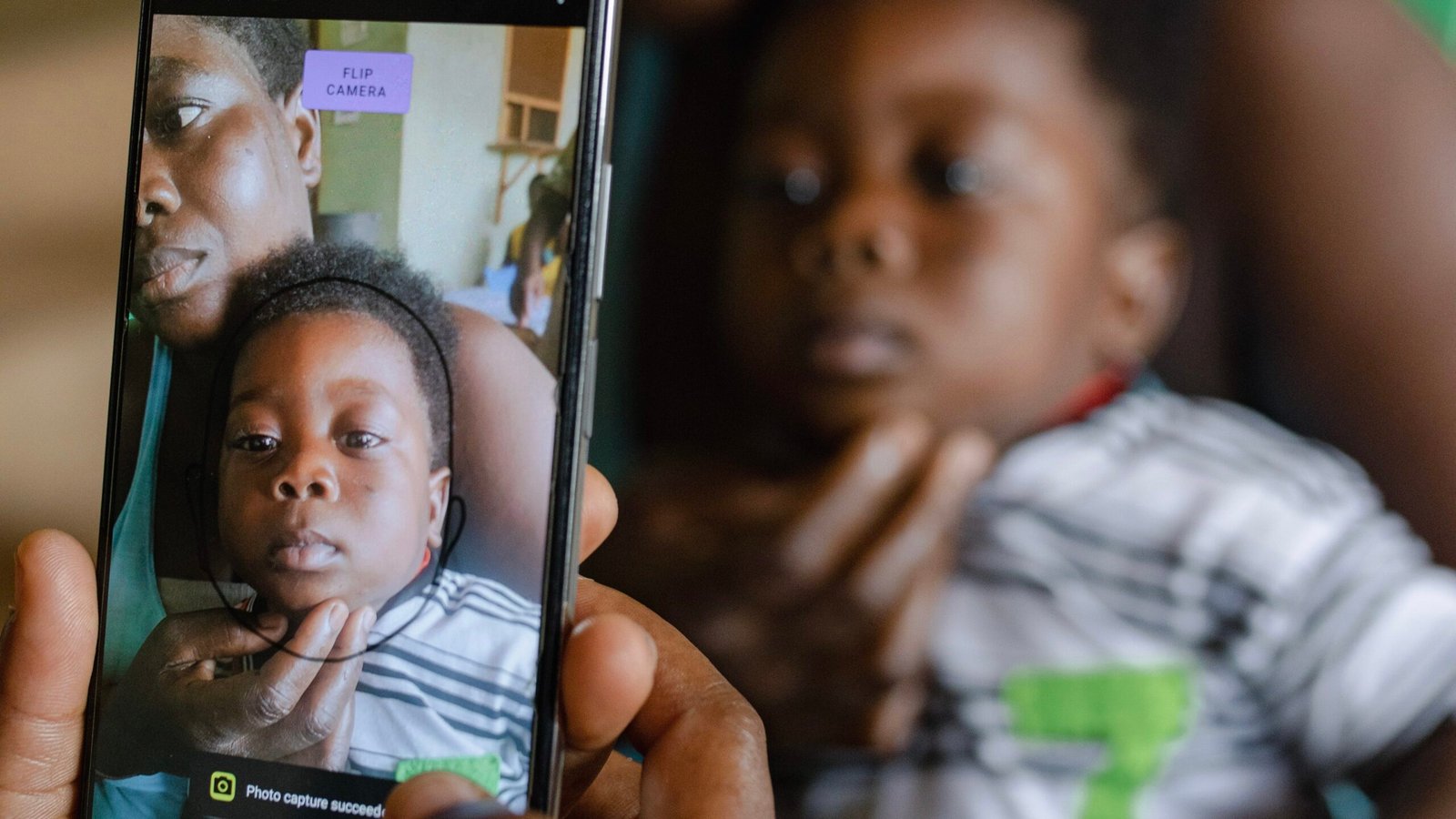
Biometrics that count.
In Ghana, frontline health workers are using Simprints’ biometric technology to make sure vaccines reach the child they are meant for. By linking each patient to a unique digital identity, no dose is wasted, no record is lost, and no child is overlooked.
For health systems facing challenges of duplication, misidentification, and incomplete records, biometrics are strengthening vaccine delivery, especially as new vaccines like RTS,S for malaria begin rolling out.
Scaling impact:
With support from Arm, Gavi, and the Steele Foundation for Hope, this initiative is aiming to reach 500,000 children in Ghana by the end of 2026. By improving accountability and strengthening trust, biometrics are helping ensure that every dose counts.
For Ghana, it means vaccines delivered more accurately, efficiently, and equitably.
For the world, it serves as a model of how digital identity can support health access at scale.
At LunaVax, we believe that innovations like biometrics, when combined with new delivery tools such as microneedle patches and drones, can transform immunization. By closing gaps in record-keeping and accountability, biometrics bring us closer to a future where vaccines reach every child, everywhere.
As we prepare pilots in Nigeria, lessons from Ghana show how biometrics can strengthen trust and accountability at the last mile.
Aiming to reach 500,000 children in Ghana with Simprints and Ghana Health Service by the end of 2026.
Read the full story from Simprints →

This already proves the usefulness of Biometrics in helping to deliver health services more accurately, equitably and efficiently at scale…
I am convinced that Lunavax will equally record success stories with this new approach of combining Biometrics for digital identity with microneedle patches delivery method and use of drones for immunization at scale.
Thank you, Oluwatobi. We share your belief in the power of biometrics to strengthen equity, and our pilot with MAPs is a step toward that future.